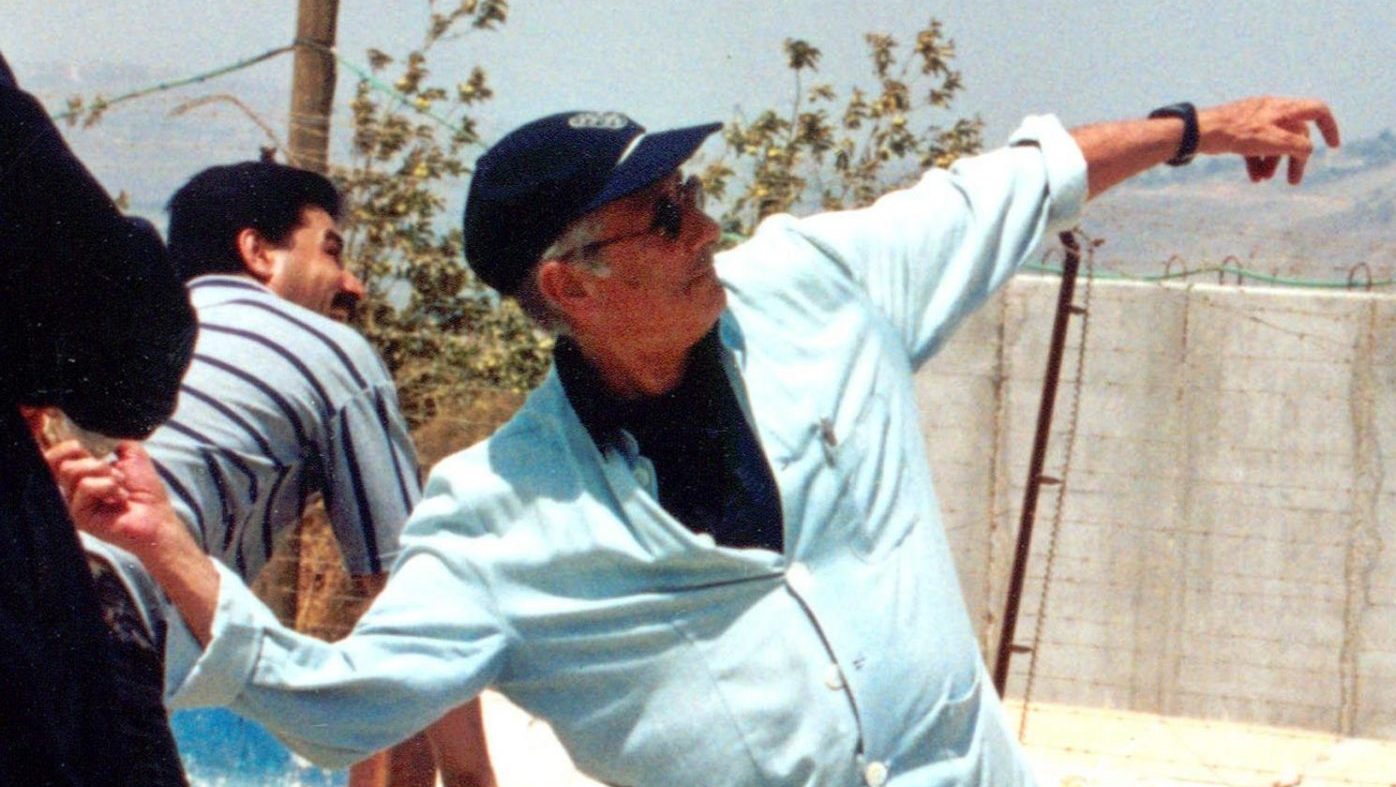Edward Said was the last public intellectual to have combined enduring scholarly achievement with hard-nosed political engagement. He did not just theorise about politics; he also did politics.
Said’s 1978 book Orientalism helped launch the field of postcolonial studies and transformed our understanding of Western involvement in Asia, North Africa, and the Middle East. Its central thesis about how generations of scholars, writers, and artists had facilitated colonial exploitation also underlay the author’s tenacious participation in the struggle for Palestinian self-determination.
In contrast to leftist intellectuals such as Noam Chomsky, Said went beyond the usual quartet of writing, research, speech-making, and petition-mongering. From 1977 until 1991, the New York-based academic sat as an independent member of the Palestine National Council, the Palestinian parliament in exile.
And, as Timothy Brennan makes clear in his new authorized biography, Places of Mind: A Life of Edward Said, he became the primary leader of the Palestinian movement in the US for a while.
That position brought intense notoriety. The neo-conservative magazine Commentary dubbed Said the “Professor of Terror” in 1989.
His office at Columbia University, where he taught the notoriously terroristic subjects of English and Comparative Literature, was firebombed. Some of Said’s colleagues called for his suspension or dismissal after he was photographed throwing a stone at a barbed-wire fence on the Israeli-Lebanese border in 2000.
And the FBI kept Said under close surveillance, compiling a lengthy file, partly based on reports from informants at Columbia and other academic institutions.
Said was an unlikely figurehead for a movement largely composed of dispossessed Muslims. Born in Jerusalem in 1935, he was baptised an Anglican, spoke English as his first language, and received an American passport at birth through his businessman father, a naturalised US citizen.
Having spent most of his childhood in Cairo, Said moved to the US at the age of 15 to attend a New England boarding school, before studying at Princeton and alighting onto a gilded path through American academe.
He built his reputation as a scholar of Joseph Conrad, never taught a course on the Middle East, and strove to keep politics out of the classroom. Said enjoyed watching action films such as Die Hard but, by and large, his tastes and habits – Burberry suits, Scotch, pipe-smoking, and classical music – were those of a Victorian gentleman.
Ensconced at the heart of the Western academic establishment, he devoted himself to exposing its ongoing complicity in imperialist crimes and trying to make a dent in the American public’s reflexive support for Israel.
Said could also be a supple behind-the-scenes political operator. In 1974, he persuaded Yasser Arafat to incorporate unprecedentedly conciliatory language in the Palestinian leader’s first landmark address to the UN General Assembly.
Several years later, a meeting with Jimmy Carter’s secretary of state Cyrus Vance yielded a proposal for a Palestinian State and Israeli withdrawal from the West Bank. Said transmitted the plan to Arafat, who first ignored and then dismissed the overture. The irony of that missed opportunity is that Said then broke with Arafat over the Oslo Accords of 1993-95, which offered a vastly more restricted form of Palestinian sovereignty.
Arafat even banned his books in Gaza and the West Bank, but Said’s case that Oslo represented not the beginning but “the end of the peace process”, as he put it in the title of a 2000 essay collection, now seems entirely prescient.
His anxiety about the growth of Islamic fundamentalism within the Palestinian movement proved similarly far-sighted, but Said’s political antennae were far from infallible.
Yet Brennan, who studied under him at Columbia, breezes past his “conditional praise for Soviet foreign policy in the Middle East”. He makes only a glancing reference to Said’s 1988 profile of Arafat (in the unlikely venue of Andy Warhol’s Interview magazine) without addressing that article’s gelatinous praise for a man Said would later denounce as an Israeli puppet.
Brennan’s admiring portrait of Said is persuasive. But Places of Mind would have benefitted from greater distance from its subject.
Towards the end of his life, Said developed a self-critical stance towards his earlier intellectual enthusiasms. The rise of identity politics-driven scholarship – already the subject of discrete warnings in Orientalism – dismayed him.
In response, he advocated a rediscovery of humanism and philology – the very discipline he had excoriated in Orientalism. But those pleas have found few supporters in contemporary academia, while the current movement to “decolonize the university” draws much of its inspiration from Orientalism.
Throughout his career, there were repeated efforts from the right to have Said, as we would now say, cancelled. What chance is there that Said’s contemporary followers will recall his commitment to robust, tolerant intellectual exchange as well as his ideological fervour?
Despite leading an exceptionally full life, Said emerges in Brennan’s biography as a near-perpetually anguished and frustrated figure whose final decade was blighted by political despair and an agonising struggles against leukaemia.
Said hoped to liberate his homeland. Instead, says Brennan, his main legacy is the creation of “a high-minded dissidence for the professional classes in which anti-imperialism was the new common sense”.
In other words, Edward Said won the argument but lost the war.
Places of Mind: A Life of Edward Said, by Timothy Brennan, is published by Bloomsbury
Warning: Illegal string offset 'link_id' in /mnt/storage/stage/www/wp-includes/bookmark.php on line 357
Notice: Trying to get property 'link_id' of non-object in /mnt/storage/stage/www/wp-includes/bookmark.php on line 37







